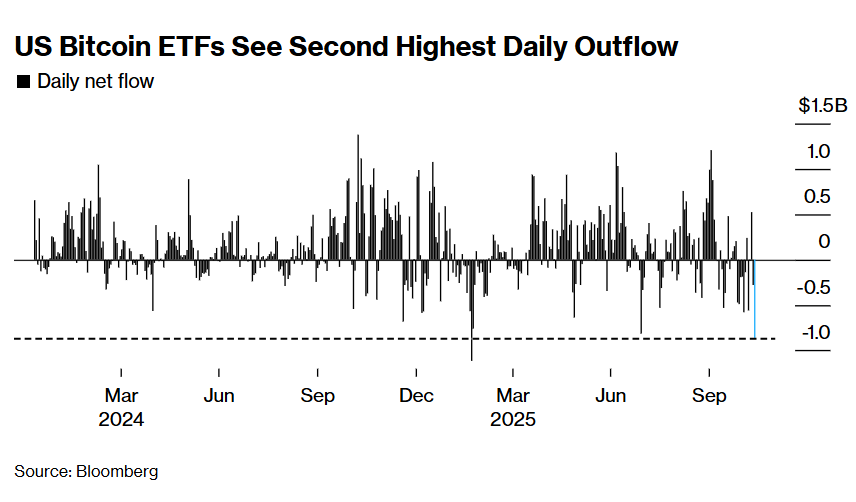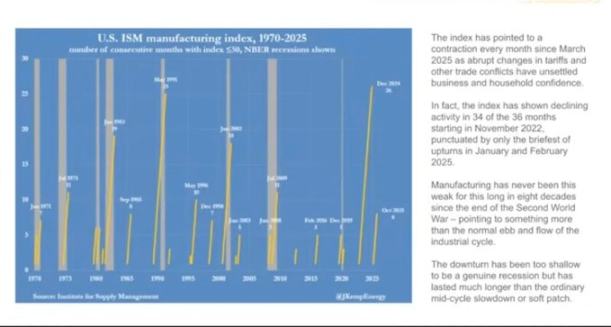Bitwise reports that U.S.-based institutional investors continue to demonstrate strong support for Bitcoin through spot ETFs, with around 66% either maintaining or increasing their holdings.
This trend comes amidst market volatility and declining prices during Q2.
Surge in Institutional Filings
Bitwise’s chief investment officer, Matt Hougan, highlighted this trend in an August 15 post on X, noting a rise in the number of filings associated with spot Bitcoin ETFs.
“The institutions are still coming; total filings are up,” Hougan commented , referring to the 1,924 holder-to-ETF pairings recorded across all Bitcoin funds during Q2. This marks a 30% increase from the 1,479 pairings reported in Q1.
Although these figures reflect some overlap due to individual institutions holding positions in multiple ETFs, the consistent growth in filings indicates a rise in such participation.
Hougan’s analysis suggests that these investors are not easily shaken by market downturns. Of the institutions that had invested in spot Bitcoin ETFs during Q1, 44% increased their holdings in Q2, while 22% maintained their positions. Meanwhile, only 21% reduced their exposure, and 13% exited entirely.
“If you thought institutional investors would panic at the first sign of volatility, the data suggest otherwise,” said Hougan.
Hedge funds continue to be significant players in the spot Bitcoin ETF market, with major names like Millennium, Schonfeld, Boothbay, and Capula prominently featured among top holders.
However, the filings also reveal a diverse range of investors, including advisors, family offices, and select institutional investors, all contributing to the increasing adoption of spot Bitcoin ETFs.
“ETFs are a big tent that attract a wide variety of investors. It’s kind of great to see Millennium nestled up against the State of Wisconsin in these ETF filings,” Hougan remarked.
Looking ahead, Hougan expressed hope that wealth managers and pension funds will represent an increasingly larger share of this market.
Major Institutional Investors’ Holdings
Meanwhile, the Q2 filings also revealed that some of the world’s largest financial institutions are expanding their exposure to spot Bitcoin ETFs.
Morgan Stanley reported holding over 5.5 million shares of the iShares Bitcoin Trust (IBIT), valued at $188 million. This position secures the investment banking company a spot among the top five fundholders of IBIT.
Its filings also disclosed smaller investments in a range of other Bitcoin-related ETFs, including the Valkyrie ETF Trust, Fidelity Wise Origin Bitcoin Fund (FBTC), and Bitwise’s spot Bitcoin ETF.
Similarly, Goldman Sachs reported substantial holdings in spot Bitcoin ETFs, with more than $238 million invested in shares of IBIT and other funds.
Goldman’s portfolio includes nearly 7 million shares of the iShares Bitcoin Trust and significant positions in the Fidelity Wise Origin Bitcoin ETF and Invesco Galaxy spot Bitcoin ETF.




